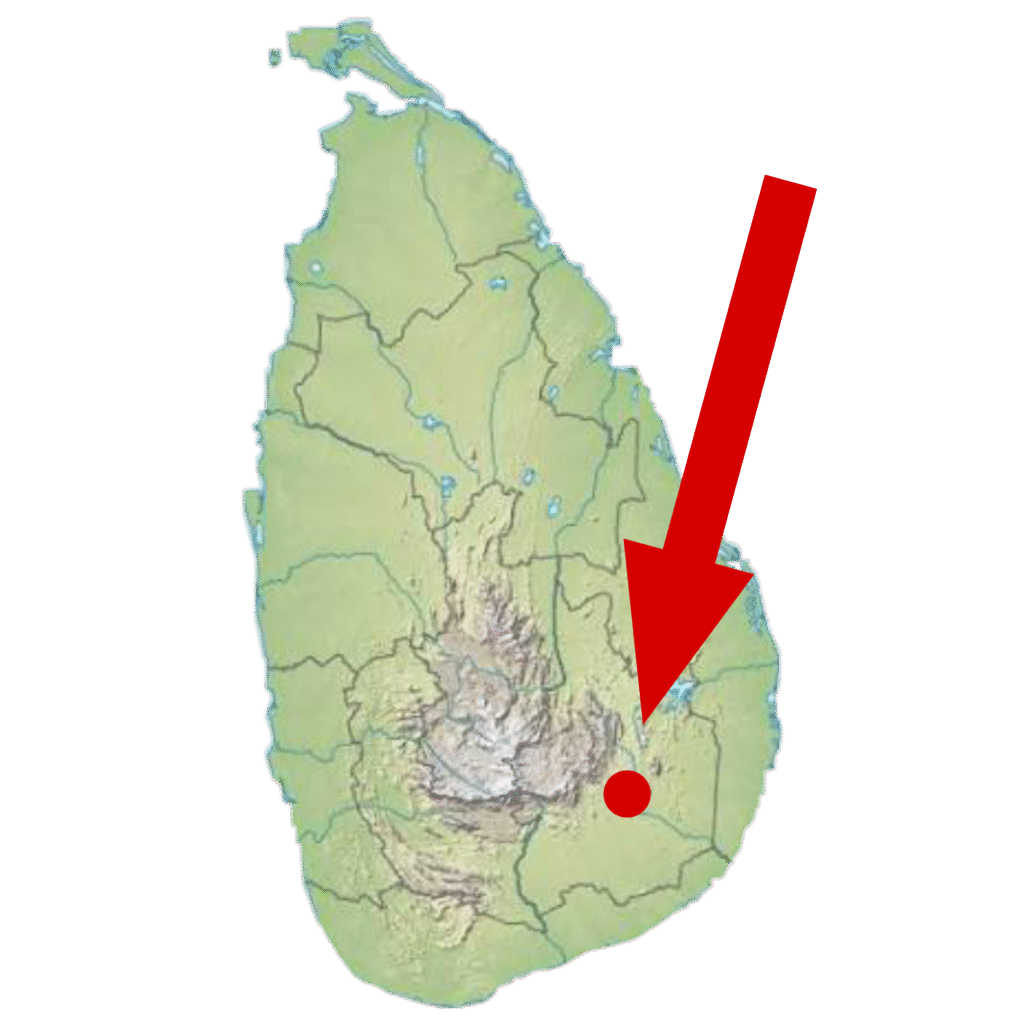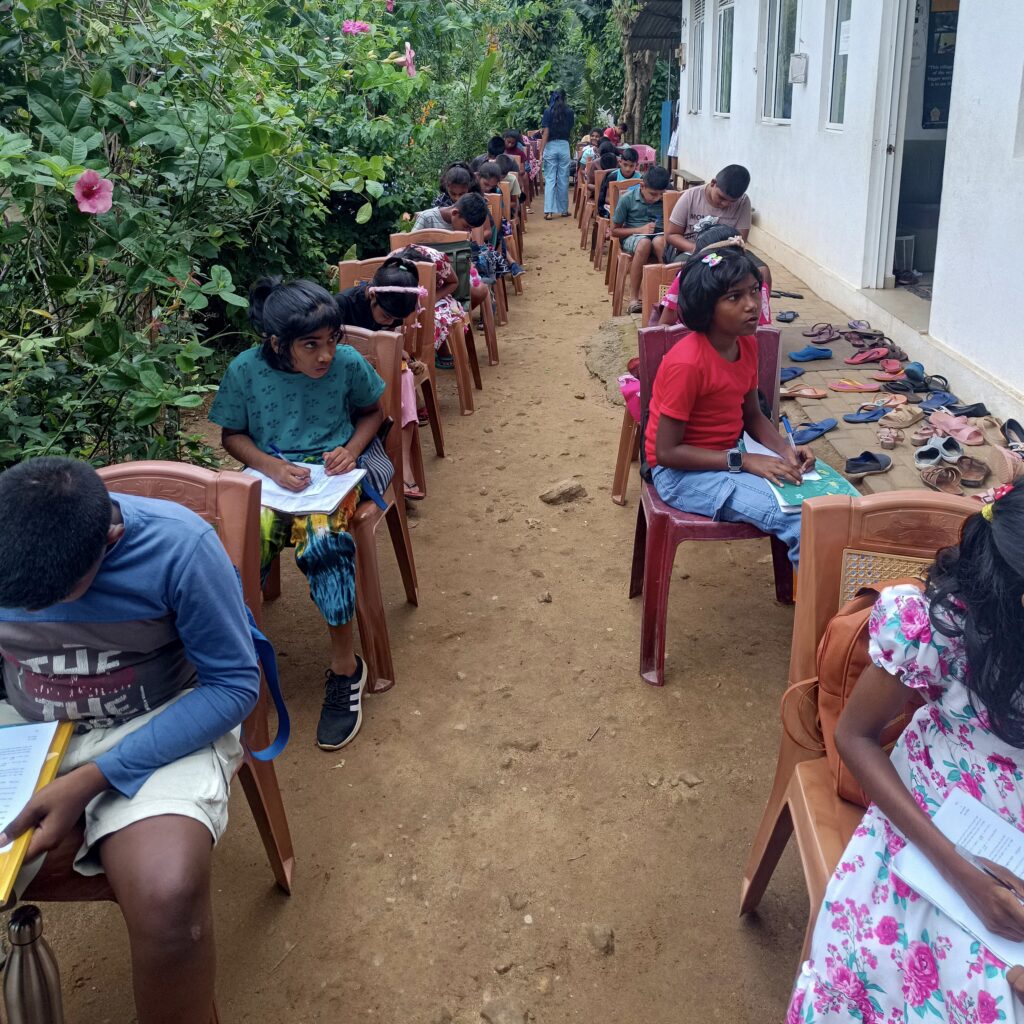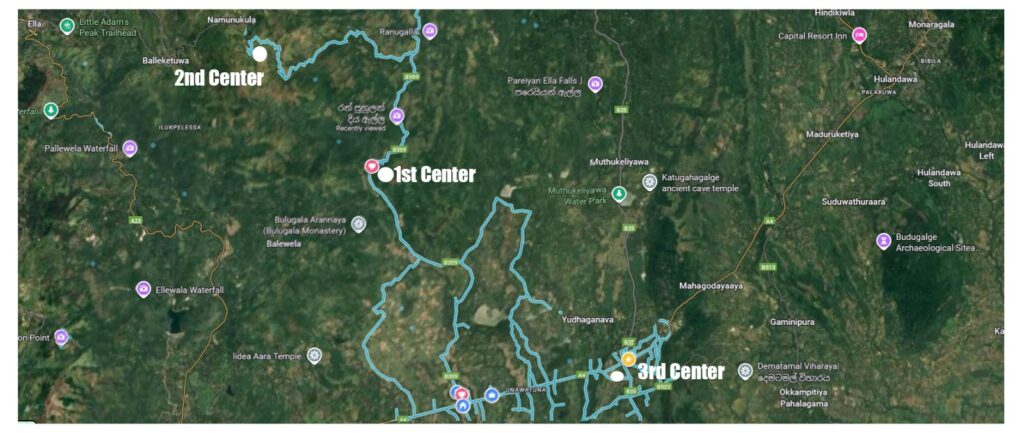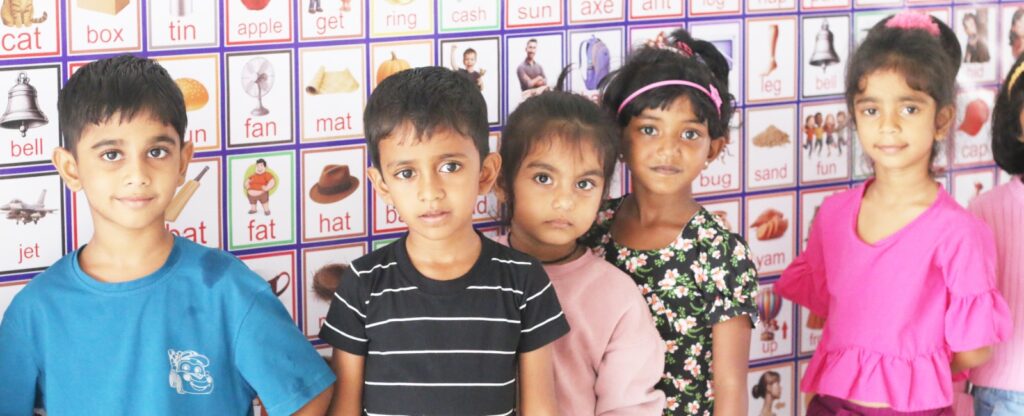Trusted by the biggest brand.
Our impact is amplified by the support of a global network of individual donors, volunteers, and well-wishers who believe in our cause. Every donated laptop and every hour of volunteering makes a world of difference.
Welcome to Lak Aruna
We’re a small learning centre offering free English and IT skills classes for children and young adults in the rural Sri Lanka and rely on volunteers and donations to help our students excel. Every year more and more students graduate from the Lak Aruna Foundation with strong English language skills and the confidence to share their talents. This gives them a stronger application for university studies and future job opportunities.
What we offer
We provide English language classes to students aged 6 to 24 and develop reading, writing, listening and speaking skills. Take a look at the Education section of our website to learn more. Classes are free but we appreciate any contributions towards the cost of learning materials (such as pens and paper) or donations to the overall running of the centre.


Our Story
The Lak Aruna Foundation started life in 2002 as a basic IT skills workshop for children who lived near the home of Janaka Simral in Hingurukaduwa, Sri Lanka. As they showed their talent the organisation grew, in spite of a lack of internet connection. The students entered a national IT competition in 2005 which attracted the attention of international news and television outlets. As a result, people from all over the world began donating computers and even a building where we hosted classes. Two years later, the World Bank Organisation provided us with internet connectivity which improved the learning experience for students. We were nominated as the best Rural IT Project in South East Asia. At the time, we didn’t know this was just the beginning.
Due to conflict in Sri Lanka in 2009, our village lost internet connection so we couldn’t continue the IT classes. Instead we focussed on English classes. The students showed a great appetite for learning and the centre has since grown to become the best provider of English classes in the Monoragala area. As our internet connection remains unstable we haven’t been able to relaunch our IT skills classes to the level we operated at before. In addition to unreliable internet connectivity, the area has limited transport facilities, variable road conditions and is also the poorest district in Sri Lanka.

In 2008 we were lucky to receive a great sign of generosity; our students created a website for an Australian expatriate who, on hearing about Lak Aruna’s story, donated funds for a building in Hingurukaduwa. To this day, this is where we host classes every Saturday and some weekdays with a team of paid and volunteer teachers. We also engage with around 100 international volunteers each year to deliver speaking practice with English speakers.
Extending the program with our 2nd and 3rd subcenters

Mr. Janaka's Story
I was brought up in this village “Hingurukaduwa” by my family, who owned a grocery store, which is now leased. I have four sisters and one brother. All of us studied here at a local school. In Sri Lanka, students who score well in their Grade 5 (primary school) examinations are allowed to continue their studies in a school of their choice. I was able to enter the biggest school in Sri Lanka, Ananda College in Colombo, where I studied Bioscience at an advanced level. However, I didn't achieve a high enough result to go to university. At this age, I discovered my talent in drawing, so after finishing school, I embarked upon a career as a cartoonist for a popular romantic cartoon newspaper. When I had free time, I came back to my village for holidays or breaks. I was also successful taking the government banking examinations. One day my mother called me and told me that I had been selected to work at the bank. She repeatedly asked me to join it. I tried to deny her requests but it was in vain because as the youngest boy in the family I was responsible for looking after my parents and our family home. Finally, I agreed and decided to come back home and join a government bank. After coming back to the village, I continued to do my artwork at home for a few years. However, it was difficult to find the time to continue with my artwork because of my busy job at the bank. We have begun construction work to extend our learning centre at Hingurukaduwa but this can only continue if donations continue to arrive. The future of the Lak Aruna Foundation is bright, but we can only achieve this with the help of supporters to ensure our future becomes a reality.
Around the year 2000, electricity came to our village for the first time so I bought a computer, my first one and the first computer in the area. I used to sit in the front room of my home using the computer which attracted the attention of many young local students. They used to come and watch me work on the computer. Around five or six students would come every day to see this amazing machine that I was using. After a few days, I let them use my PC when I was not at home. Some days, I opened my room for the neighborhood children to use while I went to the office to work. Day by day, I noticed that the children were becoming more familiar with the computer so I tried to teach them while I was still learning myself. After a while of being at home, I took a job transfer to another city. I had to bring the PC along with me, which saddened the students. While living in this new city, I made acquaintances with a local priest with whom I used to play cricket with after work at a nearby playground, opposite the church. (I’m Buddhist but there aren’t any Catholic people in our village). One day the priest “Father” told me that there was something wrong with his PC and asked me if I could help with it. I managed to fix it and he tried to give me some money, which I refused. I suggested to him that if he could provide the village with a used PC for our students instead, and shared my PC story with him. At the time he said nothing, but on the very same night, he was at my doorstep with a used computer for us. I was so delighted and this is how our story begins.
After the success of receiving our first computer, two years later we were given two more computers for the village. This was the basis of the first computer club which we began in 2005. At this time, we had three computers and no room for them. Then one day, a family of one of the village students gave us their old house to keep the computers in. The building was a small hut with a thatched roof and we formed our organization in it. Back in those days, we only taught ICT “Information Communication Technology” to the students. In 2005, I noticed a newspaper article detailing an island-wide IT competition for all the schools in Sri Lanka so I entered a few of the students from the village. The competition was held at the University of Colombo and a few months later we were invited to a grand awards ceremony in a big hotel in Colombo where we were announced as the runner-ups of the competition. The next week, we were featured in several newspaper articles which gave our organization a small amount of publicity. After seeing us in these newspaper articles, an Australian expatriate organization "Lak Saviya” and an organization run by the World Bank came to the village to help us. Because of the geographical location of the village, it is very difficult to get internet connectivity or even mobile phone signals to reach here. I requested internet connectivity for the village from the World Bank organization and they provided us with a satellite. It was very expensive but very beneficial to the 25 students I had with me in those days. I am pleased to say that today many of those students are now working as professionals in the IT industry as computer programmers and system designers. Unfortunately, the internet connectivity was stopped after three years because of the civil war in Sri Lanka.We have begun construction work to extend our learning centre at Hingurukaduwa but this can only continue if donations continue to arrive. The future of the Lak Aruna Foundation is bright, but we can only achieve this with the help of supporters to ensure our future becomes a reality.
We have begun construction work to extend our learning centre at Hingurukaduwa but this can only continue if donations continue to arrive. The future of the Lak Aruna Foundation is bright, but we can only achieve this with the help of supporters to ensure our future becomes a reality.

Our Mission
To provide essential IT and English education to children in Sri Lanka’s rural communities, creating pathways to higher education and meaningful careers that break the cycle of poverty.
Our Vision
Inspired by the proverb, “teach a man to fish and you feed him for a lifetime,” we envision a future where every child has the skills and opportunities to achieve their full potential in a digital world.
Our Values
- Empowerment
- Community
- Opportunity
- Resourcefulness




